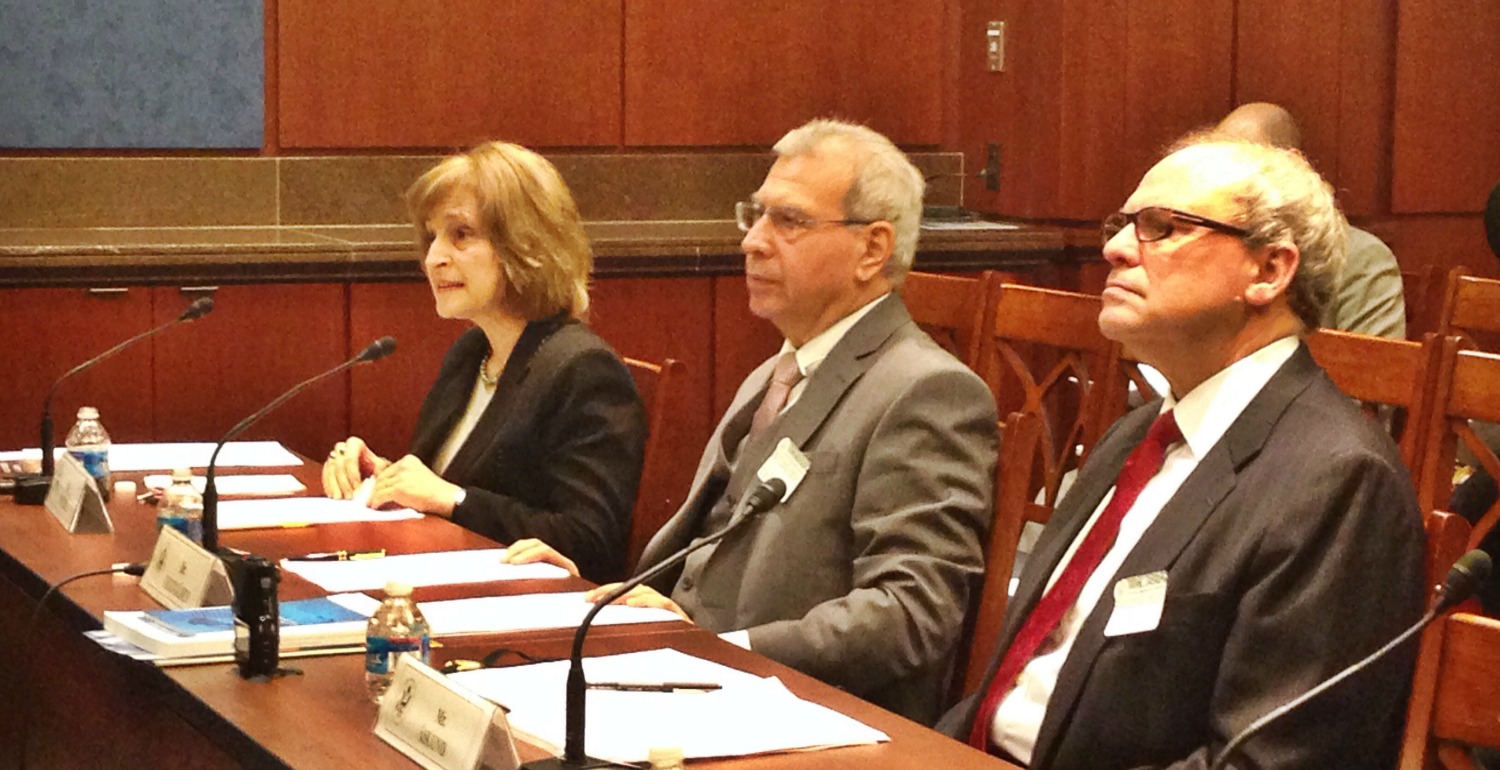Combating corruption is increasingly recognized as the critical factor in ensuring long-term security, because corruption creates fertile ground for social upheaval and instability. The change in government in Ukraine in 2014 was a prime example of how corruption can fuel legitimate popular discontent.
Although the Organization for Security and Cooperation in Europe (OSCE) has created new tools to address corruption, tackling the problem requires more than raising awareness and sharing best practices. In many OSCE participating States, systemic issues including lack of media freedom, lack of political will, and lack of an independent judiciary contribute substantially to persistent high-level and low-level corruption.
The hearing drew attention to the work of the OSCE in combating corruption in all 57 participating States, with a particular emphasis on the need to build effective institutions and the important role played by civil society in combatting corruption.




